NASA has embarked on an exciting collaboration with the U.S. Air Force and U.S. Space Force to offer a unique set of hands-on learning experiences aimed at higher education institutions. This initiative is designed to help faculty and students gain a comprehensive understanding of what it takes to construct small satellites, thus enhancing their chances of being selected for flight opportunities. This is not just a learning opportunity, but a chance to partake in the development of the future of space exploration.
The University Nanosatellite Program Mission Concept 2025 Summer Series is a key component of this initiative. This program offers systems engineering training to participating teams, preparing them for careers in the industrial workforce while also developing their expertise in small satellite technology at U.S. universities. Running from May through August 2025, the program is also geared towards increasing students’ likelihood of selection for space flights, such as those offered through NASA’s CSLI (CubeSat Launch Initiative) and the U.S. Air Force University Nanosatellite Program.
Liam Cheney, CSLI mission manager at NASA’s Kennedy Space Center in Florida, emphasized the educational aspect of the initiative, stating, “Part of NASA’s mission is to inspire the next generation. The CubeSat Launch Initiative is providing opportunities for students and educators to experiment with technology and send their missions to space.” This sentiment underscores the program’s commitment to fostering innovation and sparking interest in the next wave of space exploration enthusiasts.
The summer program provides a valuable opportunity for faculty and students to collaborate without the need to draw on university resources. In addition to the educational benefits, the program includes travel funding for kickoff events, final presentations, and any required in-person reviews. These resources ensure that participants have the necessary support to fully engage with the program.
All colleges and universities across the United States are eligible to participate, and there is a strong encouragement for teams from minority-serving institutions and Historically Black Colleges and Universities to apply for the Mission Concepts 2025 Summer Series. The application process is outlined in a detailed request for proposal, available on the University Nanosatellite Program’s website. The application period opened on January 6, with a submission deadline of February 3.
This collaboration between NASA, the U.S. Air Force, and the U.S. Space Force represents a significant step towards expanding access to space. It also aims to enhance the capabilities and knowledge base of higher education institutions, faculty, and students. By joining forces, these organizations are working to democratize space exploration and make it more accessible to a diverse range of participants.
NASA’s CubeSat Launch Initiative is particularly noteworthy. It provides opportunities for CubeSats—miniature satellites designed for space research—that are built by U.S. educational institutions and non-profit organizations, including informal educational entities like museums and science centers. Through partnerships with innovative technology developers, NASA offers these CubeSat creators a cost-effective way to conduct scientific investigations and technology demonstrations in space. This not only enables students, teachers, and faculty to gain hands-on experience in designing, developing, and building flight hardware but also fosters a deeper understanding of space technology and its potential applications.
Understanding the technical jargon involved in this initiative is crucial for laypeople to appreciate its significance. For instance, a CubeSat is a type of miniaturized satellite for space research that usually weighs no more than 1.33 kilograms per unit and is built to standard dimensions of 10 x 10 x 10 centimeters. These small but powerful devices are often used for scientific experiments and technology demonstrations in space. Systems engineering training, another key component of the program, involves teaching participants how to design, integrate, and manage complex systems over their life cycles. This training is essential for ensuring that the small satellites function effectively once launched into space.
The impact of this initiative extends beyond the immediate educational benefits. By providing students and educators with the tools and opportunities to engage in real-world space exploration projects, NASA is helping to cultivate a new generation of skilled engineers, scientists, and innovators. These individuals will be well-equipped to contribute to the future of space exploration, ensuring that the United States remains at the forefront of this exciting field.
Moreover, the initiative aligns with broader trends in the aerospace industry, which is increasingly focusing on small satellites as a cost-effective means of conducting space research. Small satellites offer numerous advantages, including lower launch costs, faster development times, and the ability to deploy multiple satellites as part of a constellation. These benefits make small satellites an attractive option for a wide range of applications, from Earth observation and environmental monitoring to communication and scientific research.
The collaboration between NASA, the U.S. Air Force, and the U.S. Space Force also highlights the importance of partnerships in advancing space exploration. By pooling resources and expertise, these organizations can achieve more than they could individually, paving the way for new innovations and discoveries.
In conclusion, the University Nanosatellite Program Mission Concept 2025 Summer Series represents a significant opportunity for higher education institutions, faculty, and students to gain valuable experience in small satellite technology and space exploration. By participating in this program, students and educators can develop the skills and knowledge needed to contribute to the future of space exploration, while also enhancing their career prospects in the aerospace industry. With the support of NASA, the U.S. Air Force, and the U.S. Space Force, this initiative promises to inspire and empower the next generation of space explorers.
For more Information, Refer to this article.



















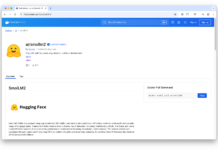
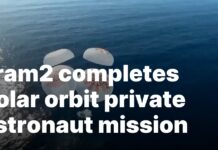
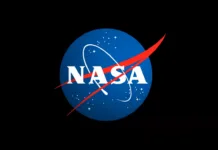






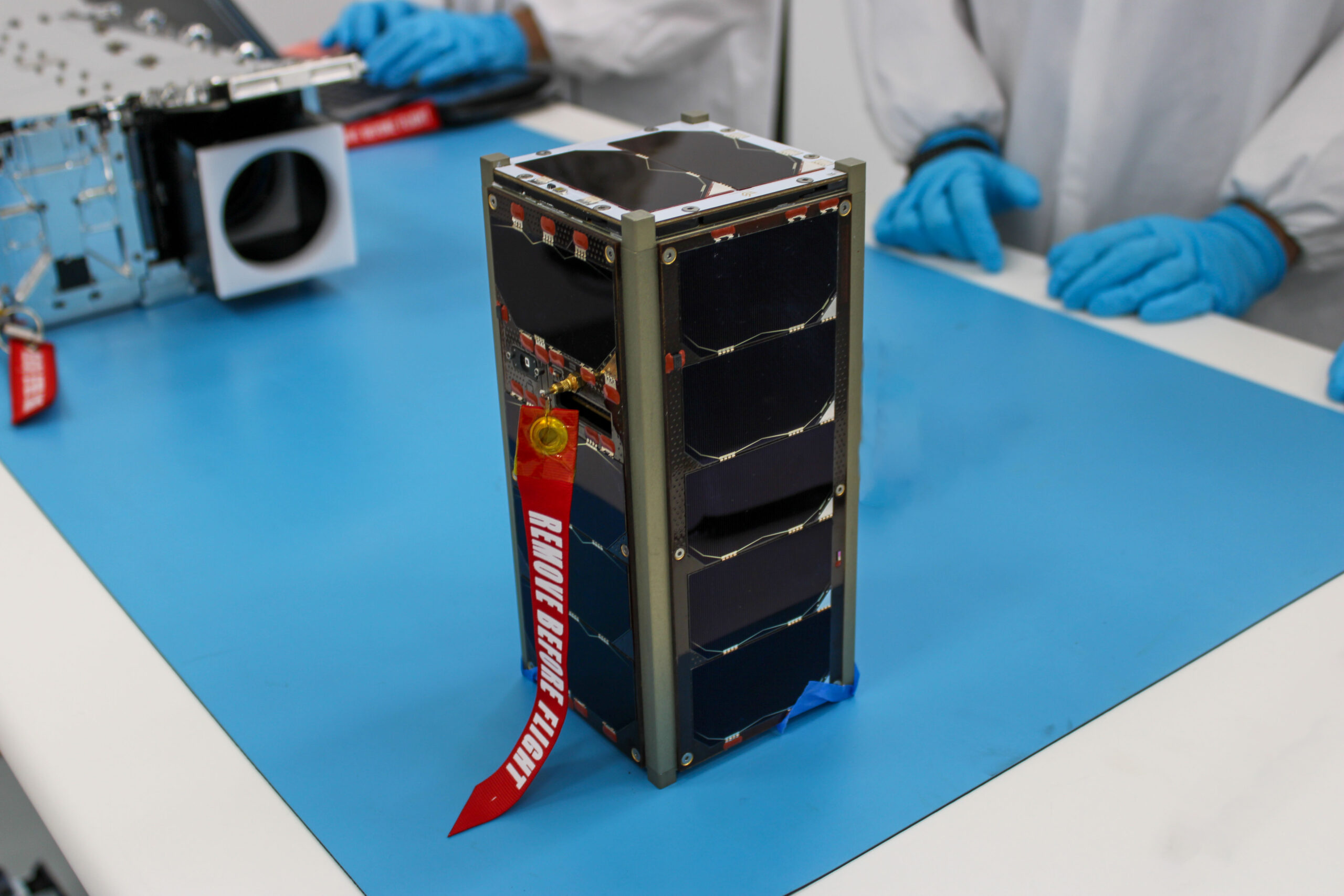



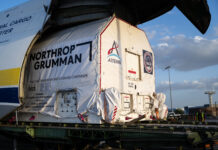

![Samsung’s Breakthrough Fuels Progress in Science and Industry: Interview How Samsung’s Engineering Feat Became a Catalyst for Scientific and Industry Advancement [Interview on Real Quantum Dots Part 2.]](https://www.hawkdive.com/media/samsung-tvs-and-displays-samsung-quantum-dots-technology-qled-tvs-quantum-dots-experts-interview-par-218x150.jpeg)